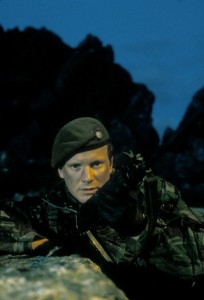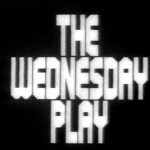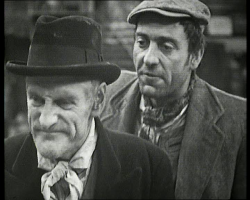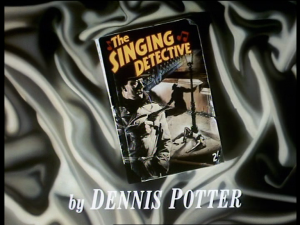by EMMA SUTTON
Writers: Shane Meadows, Jack Thorne; Producer: Rebekah Wray-Rogers; Director: Shane Meadows
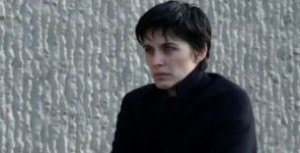
After the transmission of This is England ’86 a mere 14 months ago, Shane Meadows returned to our television screens with the three-part series This is England ’88.1 Produced by Warp and broadcast by Channel Four over three consecutive evenings, the series brings us up to date with the lives of Lol and Woody and the rest of the ’83 gang before the final outing with the forthcoming This is England ’90.
Collaborating once again with Jack Thorne, Meadows sets the series amongst the backdrop of Christmas 1988. Lol (Vicky McClure) is unemployed, a single mother struggling to cope with psychological illness and sleep deprivation; Woody (Joe Gilgun) has a secure job, new girlfriend and a supportive family; Shaun (Thomas Turgoose) has found his calling studying drama, but destroys his relationship with Smell (Rosamund Hanson) after a moment of childish infidelity; Milky (Andrew Shim) is practically an absent father to Lisa (his child with Lol), only returning with money and the odd gift every once in a while. The gang is all present, with the notable exception of Meggy (Perry Benson), with Woody and Lol going their separate ways. The gang seems to have gone through yet another phase of subcultural mobility, but there is no hint of development or progression. With Lol and Woody previously supervising the clique almost as parental guardians, the split in their relationship, and in turn, their distance from the gang has stagnating effects on their individual development. The dynamic of the gang prompts a strong feeling of inertia, rendering the characters as progressively stale and caricatured.

